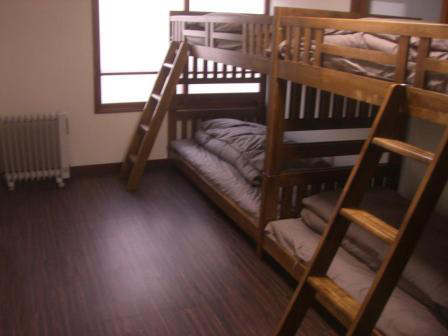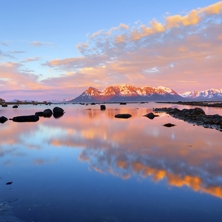Taylor King
Blog
6: Intercultural Competency
One thing I will do to ease my transition into a new culture
is to relax. I have experienced culture
shock before and didn’t realize I was in culture shock until a few days later
when I had time to adjust and become acquainted with the new scenery. When I experience culture shock in Argentina,
I plan on doing what I did before when I experienced culture shock and
relax. I can try my hardest to feel
normal and like I felt at home but in the end it will be better to go with the
flow and let things fall into place so that I don’t worry myself and cause
myself more stress and shock. There will
be changes in eating habits in that I will have “a forth meal” in
Argentina. There is breakfast, lunch,
then tea/snack time around five, then dinner around ten or eleven at night. This means I will be a night owl and will be
having some late nights out! However, I
am pretty excited about this part since I stay up late anyway in the US. There is a possibility that I will get
homesick and I will have access to a phone and internet that I can use to
contact family and friends back home. Again, if this happens I believe that it is
best not to sit around but to go out with friends somewhere to surround you
with social people. Hopefully I will not
get to the point of depression if I get homesick. I plan to not let this happen! I have a goal of making as many new friends
and social networks as possible so that I will not have time to be sad that I
have left my family and friends at home for four and a half ish months. I tend to get frustrated fairly easily;
however, I have a method for relieving my anger which is food! Whenever I get frustrated, I treat myself to
a little something to calm and distress myself.
Whether it be chocolate, a small snack, or a soda, it always seems to
help me focus. I do expect myself to
experience a sense of failure here and there during my expedition. Even though I can speak Spanish, I am not
100% fluent so I do sometimes not understand Hispanic people occasionally. When it comes to illness, I plan on going to
the local clinic since it is close and convenient. I am planning on NOT getting sick but it is a
different country with different surroundings so nobody knows. My last note is that with my method of
relaxing and going with the flow, I do have a restriction. When the time comes, which it will, when I
get so overwhelmed with school or other activities, I plan on stepping away and withdrawing from the situation so that I
do not become so frustrated it ruins my experience. I will have to deal with adjustments I know,
but occasionally one needs a few moments of piece to sort out thought and
convince oneself that they can do it!




















